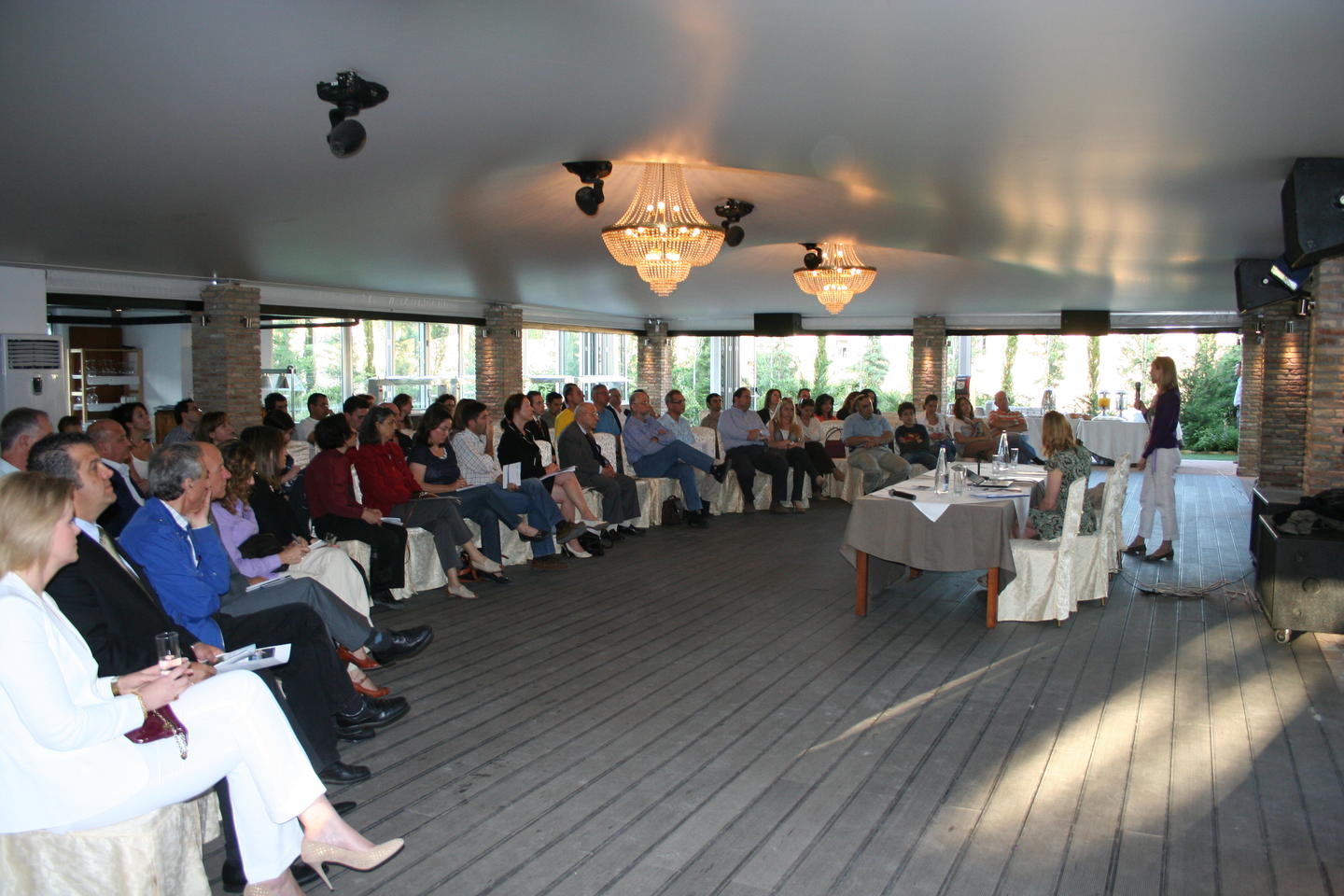Iceland, Liechtenstein and Norway have set aside minimum 10% of the EEA Grants in each of the 15 beneficiary states for NGO funds to strengthen civil society. In addition, NGOs are funded through many other EEA and Norway Grants programmes.
Today, the NGO community of Cyprus was invited to a stakeholder meeting to learn more about upcoming funding opportunities and for the donors to receive input on key challenges and needs for the civil society on the island.
The NGOs raised many issues to be taken into account in the further programming, including the needs for funding within areas such as environment, transparency, good governance, democratic development, inclusion and bi-communal cooperation, for clear guidelines and obligations, for predictable timelines and for streamlined reporting.
The donors put emphasis on supporting strategic processes that lead to change and sustainability, including institutional strengthening, networking, policy and strategy development, advocacy and watchdog activities, and increasing civic participation. Issues like human rights, democratic processes, and social inclusion will be in focus.
In Cyprus, the bi-communal aspect is also very important. Under the previous round of funding, more than 40% of projects were implemented in cooperation between NGOs from both communities. Ensuring bi-communal activities will again be important in this new funding period.
Outside the previous NGO fund, Iceland, Liechtenstein and Norway also provided funding to the Association for Historical Dialogue and Resarch to establish the Home for Cooperation, a unique bi-communal activity centre located in the buffer zone of Nicosia, where NGOs from across the island will come to meet, disecuss and cooperate.
